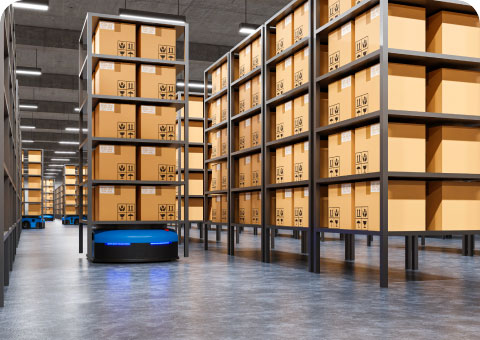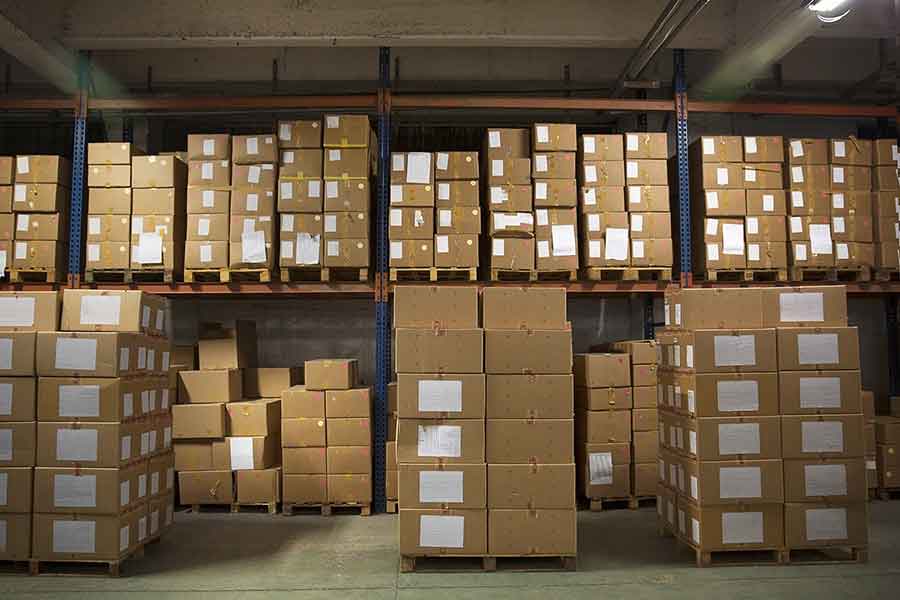When renting a storage unit, you want to be sure that your belongings will be protected against theft and damage. Insurance can help reduce your financial burden in the event that something happens to your stored items, storage units are a great way to keep your belongings organized and secure.
Generally, homeowners and renters policies will cover up to 10% of your total personal property coverage for items in a storage unit. If you have expensive items like furs or jewelry, consider purchasing additional insurance to make sure these things are covered.
Coverage for Your Belongings
Storage units can be an ideal place to store your belongings when you need to temporarily move them from one home to another. But when you place your belongings in a storage unit, you need to make sure you’re protected.

You can often find coverage for your stored belongings under a homeowners, renters or business insurance policy. But keep in mind that most policies limit off-premises coverage for your personal belongings to 10% of the total amount of your personal property coverage.
This may not be enough to cover a large storage unit filled with expensive items like furniture, antiques or jewelry. You can also purchase a policy endorsement that adds scheduled personal property coverage to your homeowner’s or renters insurance policy.
Then you can be confident your possessions are insured both in and out of a storage unit. You should also start an inventory of the items you are storing to ensure you have enough coverage for them.
Coverage for Damage
Storage units are an excellent option for extra furniture, old books and other belongings that aren’t being used often. However, they’re not full-proof, and your items are still susceptible to damage.
Depending on the policy you have, your insurance may cover the cost of damaged or stolen possessions stored in a storage unit up to the limit specified in your policy. Most homeowner’s, renter’s and small business policies offer a maximum coverage limit for off-premises possessions.
For high-value items, you might be able to boost your limits through scheduled personal property coverage.
A storage facility might offer its own insurance, or they might direct you to a third-party insurer that they’re affiliated with.
Most of these companies will provide coverage for theft and damage to your belongings, but not for natural disasters such as floods or earthquakes. In that case, you might want to consider purchasing additional insurance from a company like SnapNsure. They offer Named Storm Insurance and deductible programs that will help you cover your belongings in the event of a natural disaster.
Coverage for Natural Disasters
When you store your belongings at a storage facility, it is important to be protected from loss or damage. This is especially true if you own or have valuable items that are stored there.
Natural disasters, such as hurricanes, wildfires, and earthquakes, can cause significant damage to your belongings. This is why it is important to make sure that your storage unit insurance policy covers natural disasters.
In addition to standard policies, some insurance companies offer supplemental coverage for natural disasters. This supplemental coverage can include additional deductibles, which lower the total amount you will be responsible to pay in the event of a loss.
In recent years, climate change and an increase in weather-related disasters have impacted the insurance market and policies for self-storage properties. This can result in a variety of changes to premiums, coverage, deductibles and terms.
Coverage for Theft
Storage unit insurance can protect your belongings from loss or damage due to theft. The policy typically has a coverage limit and premiums are calculated monthly.
Many homeowners and renters insurance policies do not cover your contents while in a self-storage unit, so you may need to purchase additional coverage. This type of coverage can be a good option if you are planning to store high-value items like art, jewelry and antiques.
If your homeowner or renters insurance has a limit on off-premises coverage, you should consider raising the value of your possessions to ensure your property is fully covered.
Alternatively, you can purchase a separate policy for your belongings from the self-storage facility itself. This is often cheaper than purchasing a separate insurance policy from a third-party company, and you can customize the coverage to your unique needs.
Your storage unit insurance should have an off-premises coverage limit of $2,500 and a theft-only limit of $1,500. You can also add a scheduled personal property endorsement to increase your limits for high-value items such as artwork and furs.

